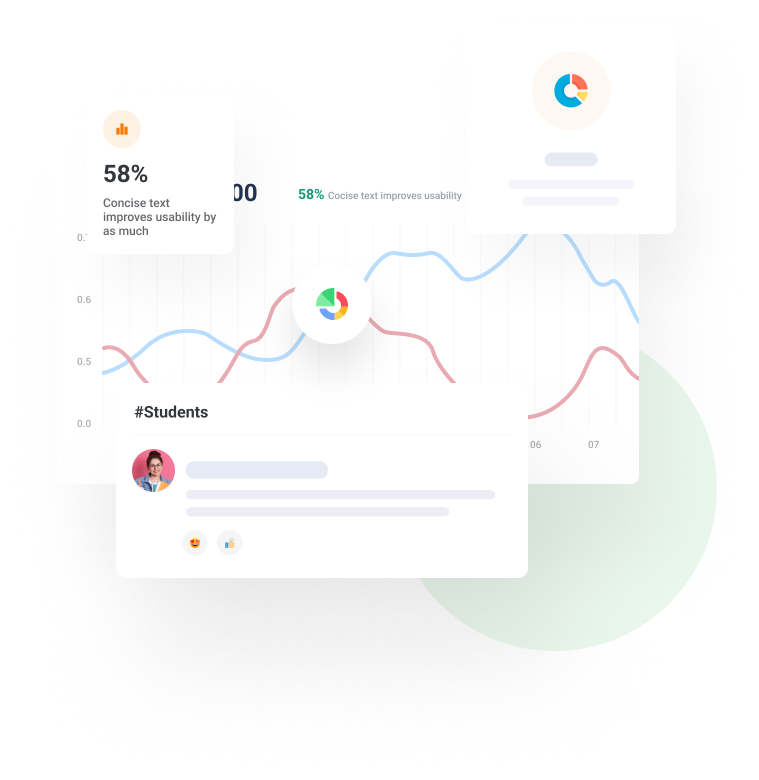Reading participation and assessment of spreadsheet skills across multiple cohorts when using an interactive textbook
Published American Society for Engineering Education, 2023
Authors
Samantha Yanosko
Grant Valentine
Prof. Matthew W. Liberatore
The University of Toledo
Abstract
This evidence-based practice complete paper centers on the topics of assessment and learning technology for first-year engineering students. Spreadsheets are convenient for completing many calculations that engineering students and practicing engineers encounter. Spreadsheet programs are easily accessible and have been available for decades, including Microsoft Excel and Google Sheets; numerous formulas, functions, and other tasks are common across platforms. However, learning spreadsheet skills is usually limited to demonstration by an expert, such as numerous videos on YouTube. Here, an interactive textbook provided students the opportunity to acquire spreadsheet skills by performing spreadsheet actions. Various components of the interactive textbook apply learning theories including cognitive load, scaffolding, and deliberate practice. First, reading participation measured clicks from using interactive components, including multi-step animations, multiple-choice questions, and matching exercises. Next, students had unlimited attempts to correctly answer over 120 auto-graded, randomized problems. In addition to basic spreadsheet skills and functions, advanced topics included solver, error, statistics, and matrix operations. In total, data generated by five cohorts (> 400 students) were studied. Median reading participation was very high – over 96% of 290 clicks per student – for all five cohorts. In addition, animation view rates were as high as 118%, indicating repetitive use. Animation view rates were higher for more advanced topics, such as double interpolation, compared to the basic skills and formulas. A median completion over 94% on auto-graded problems was observed for each of the five cohorts. By examining fraction correct on specific topics, real-time misconceptions and struggle can be noted by instructors, which leads to opportunities to provide interventions and facilitate learning.







